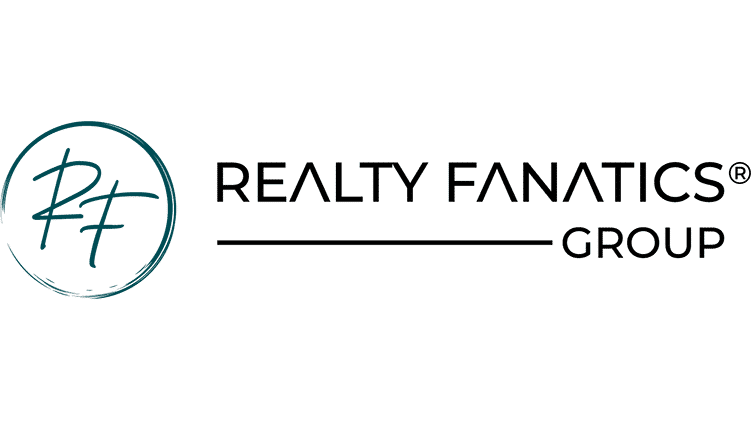
Escrow and its Relation With Real Estate
Escrow is a term that home buyers, sellers, and realtors ought to be extremely familiar with. They will have a total understanding of escrow before purchasing or selling a home. Purchasing a house is a difficult cycle. Also, in this process a majority of people make mistakes by starting without any preparation.
Inside the phases of purchasing and selling a home from the offer, to the home inspection, are different activities that must occur. One of those hard-to-understand elements is the process of being in escrow. This occurs between the time a seller accepts the offer and the buyer gets the keys to the new house.
It is a financial arrangement where a third party holds and regulates payment of the funds. It helps make transactions more secure by keeping the payment in a secure escrow account. This amount is only available when all of the terms of an agreement are complete. And also overseen by the escrow company.
The escrow becomes an integral factor once the two players have agreed or offer. The escrow official takes care of many things. Being “in escrow” is a legal procedure and it is useful when a real property requires a transfer of title. An escrow account is opened by the listing agent when the sellers and the buyers have come to an agreement. Escrows are very useful in the case of a transaction where a large amount of money is handled.
Escrow agents:
Escrow is handled by an escrow agent, an impartial individual, or an element. He is responsible for holding installments until specific conditions have been met, normally an exchange of title. Since escrow agents assume a significant part in finishing land exchanges, they are often considered as title agents. You will typically not be responsible for securing your own escrow agent. Instead, your broker or lender will facilitate the process you just have to supply the money.
Escrow vs. Escrow account:
Numerous individuals experience difficulty seeing real estate escrow since they mistake it for an escrow account, so it’s essential to know the distinction.
An outside party manages escrow in order to hold valuables, such as money, property deeds, and personal finance documents, on behalf of two agreeing parties. Generally, a bank will include the aggregate sum due for these installments in a year, divide it by 12, and attach that additionally to each home loan installment.
Escrow protections:
Understanding real estate escrow becomes much simpler once you understand its advantages. Escrow gives affirmation to all significant gatherings in a real estate exchange the buyer, the seller, and the lender. Similarly, it ensures that their advantages, and their assets, are safe. Your escrow agent will follow and check the exchange of key factors; most prominently, the exchange of the property title from the seller to the buyer, and the exchange of assets from the buyer to the vendor. It likewise guarantees the lender that the advance cash is heading off to the correct party.
As a buyer, can you feel great moving a huge number of dollars to a seller you’ve never met? And without a doubt will you get the title consequently? What’s more, as a vendor? And as a seller, would you really want to take the risk of handing over a title without a complete guarantee that the buyer is good for the purchase price. Escrow insurances help give all parties true peace and help guarantee that a real estate exchange goes as effectively as could reasonably be expected. Now I will discuss how escrow works.
Await the Lender’s Appraisal:
After opening an escrow account the bank or other lender providing your mortgage will do its own appraisal of the property. The buyer usually pays to protect its financial interests in case it ever needs to foreclose on the property.
Secure Financing:
When you give your lender the property address, it will set up a closing cost estimate or an announcement itemizing your credit sum, loan fee, closing costs, and different expenses related to the purchase.
Seller Disclosures:
During this step, you should receive written notification of any obvious problems that have already been identified by the seller or the seller’s agent.
Title report:
These are also required by your bank, however, once more, you’d need them in any case. The title report ensures the title to the property is clear. And there are no liens on the property and nobody else except for the seller has a case to any claim to it.
Close Escrow:
The end cycle fluctuates fairly by state, yet essentially, you’ll have to sign a huge amount of paperwork, which you should take as much time as necessary with and read cautiously. The seller will have papers to sign, also. After all the papers are marked, the escrow officer will set up another deed naming you as the owner and send it to the county recorder.
You’ll present a cashier’s check or set up a wire transfer to cover the closing costs. After that your lender will wire your advance assets to escrow the seller and, if applicable, the seller’s lender can be paid.









